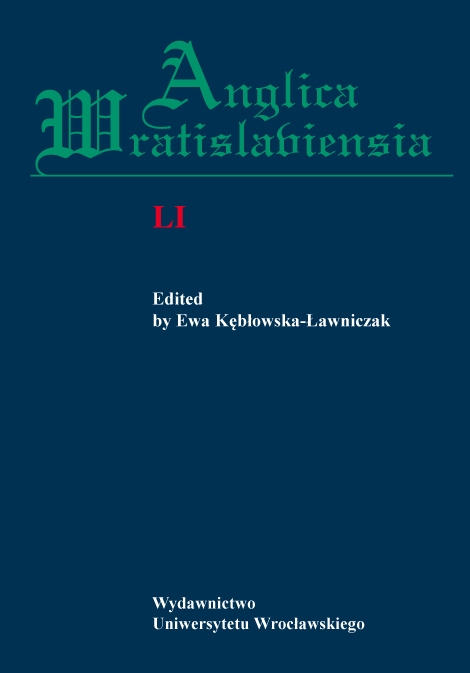

Linguistics

Job advertisements are intended to attract the best candidates for the positions advertised, as well as to filter out those who do not meet employers’ requirements; their secondary function is to build or reinforce a positive image of the employing organisations. Although generally produced as written texts, recruitment ads similarly to marketing-type ads may justifiably be viewed as instances of dialogic or reciprocal discourse, at many points proceeding by “answering” imagined or expected “questions” posed by potential candidates. This paper constitutes an attempt to investigate some of the linguistic mechanisms reflecting the dialogic/reciprocal nature of online recruitment advertising discourse. The study is based on an analysis of a corpus comprising 100 online job ads randomly extracted from the Internet editions of three major UK newspapers The Daily Telegraph, The Guardian, The Times, and two of the leading UK job portals www.jobsite.com and www.totaljobs.uk. The investigation reveals that the dialogic/interactive dimension of job ads is manifested in, among other features, lexico-grammatical and syntactic structures including the combinative use of the personal pronouns you and we, ellipsis, interrogatives, imperatives and exclamations, not infrequently forming “mini-dialogues” clearly resembling the discourse of product and service advertising. The above- mentioned strategies contribute significantly to the overall persuasive appeal of job advertisements.